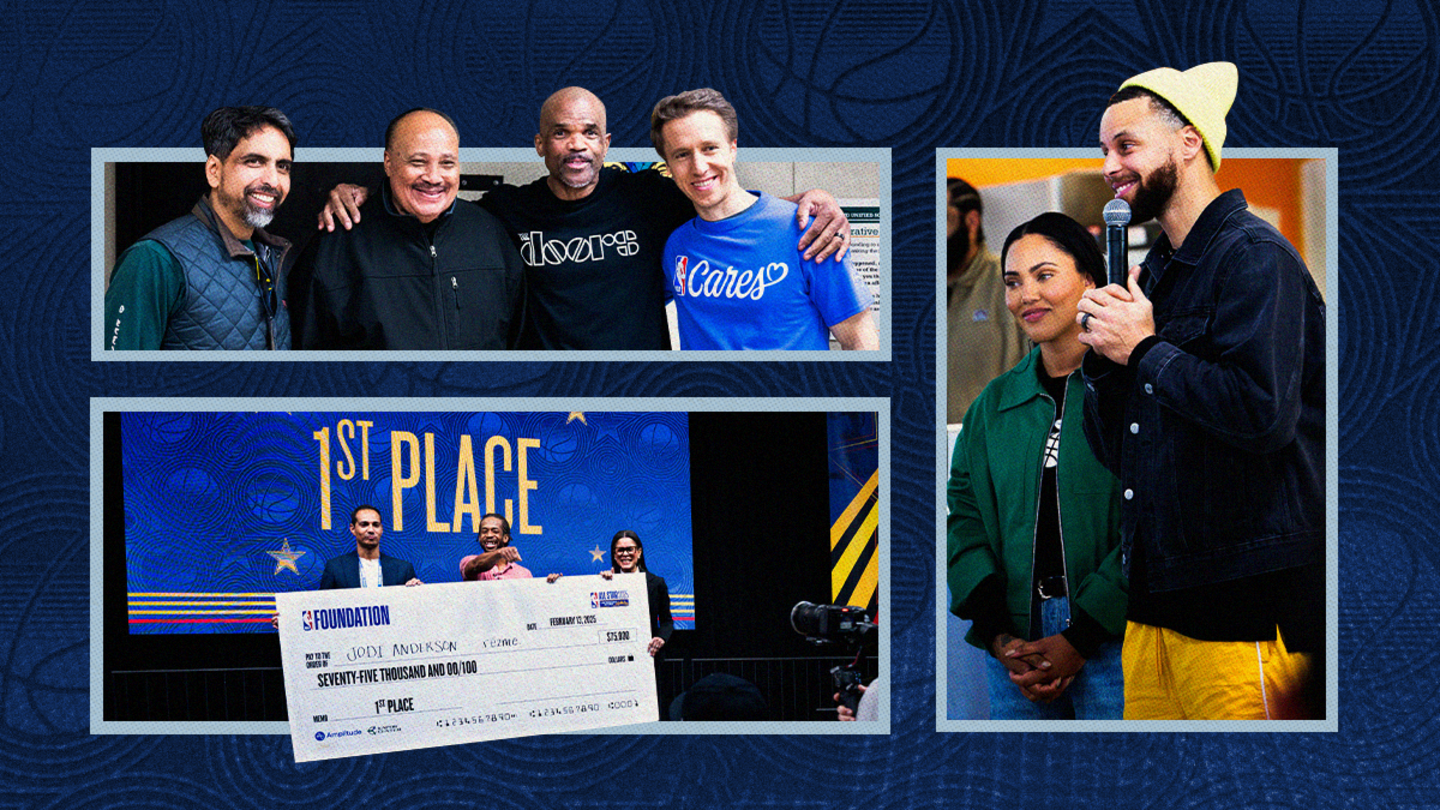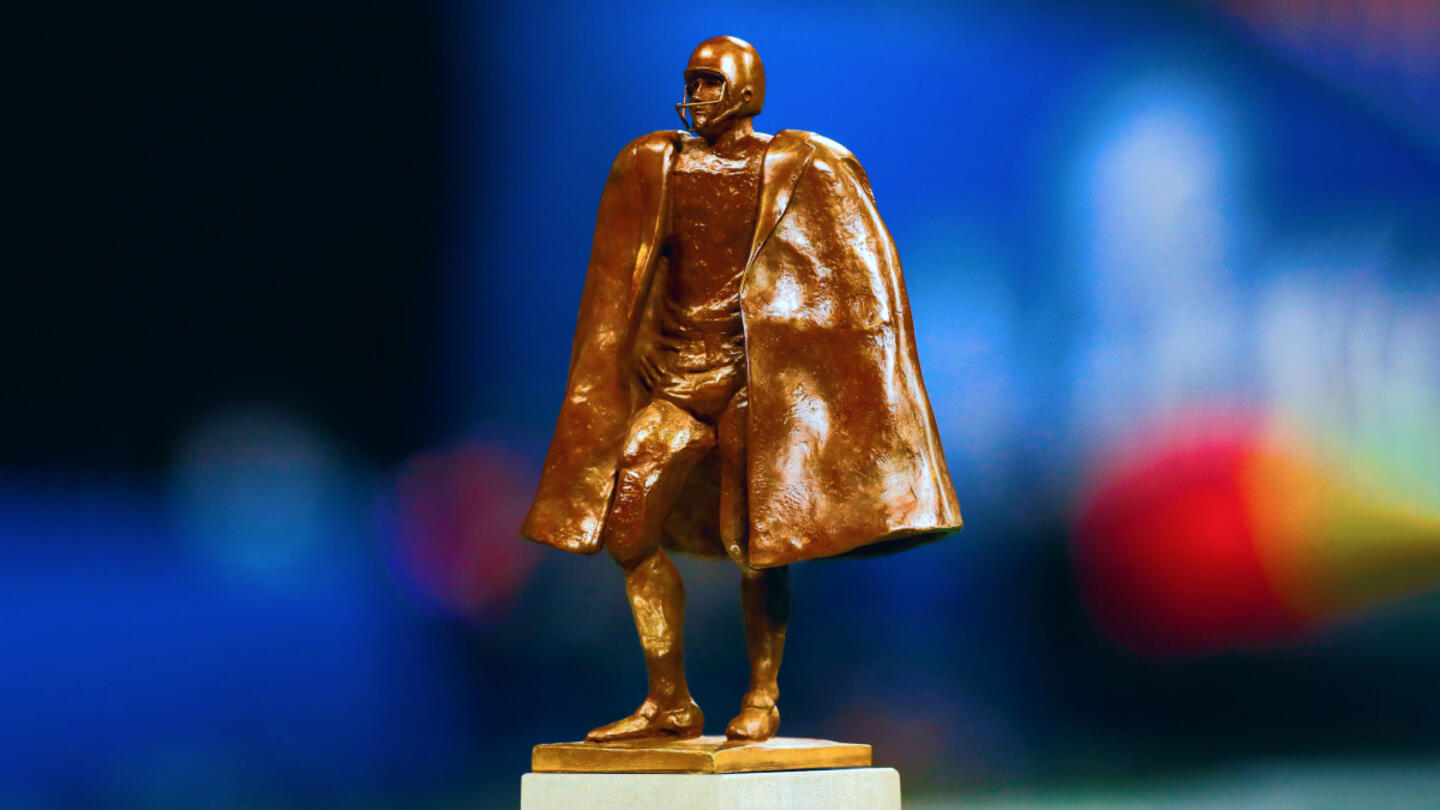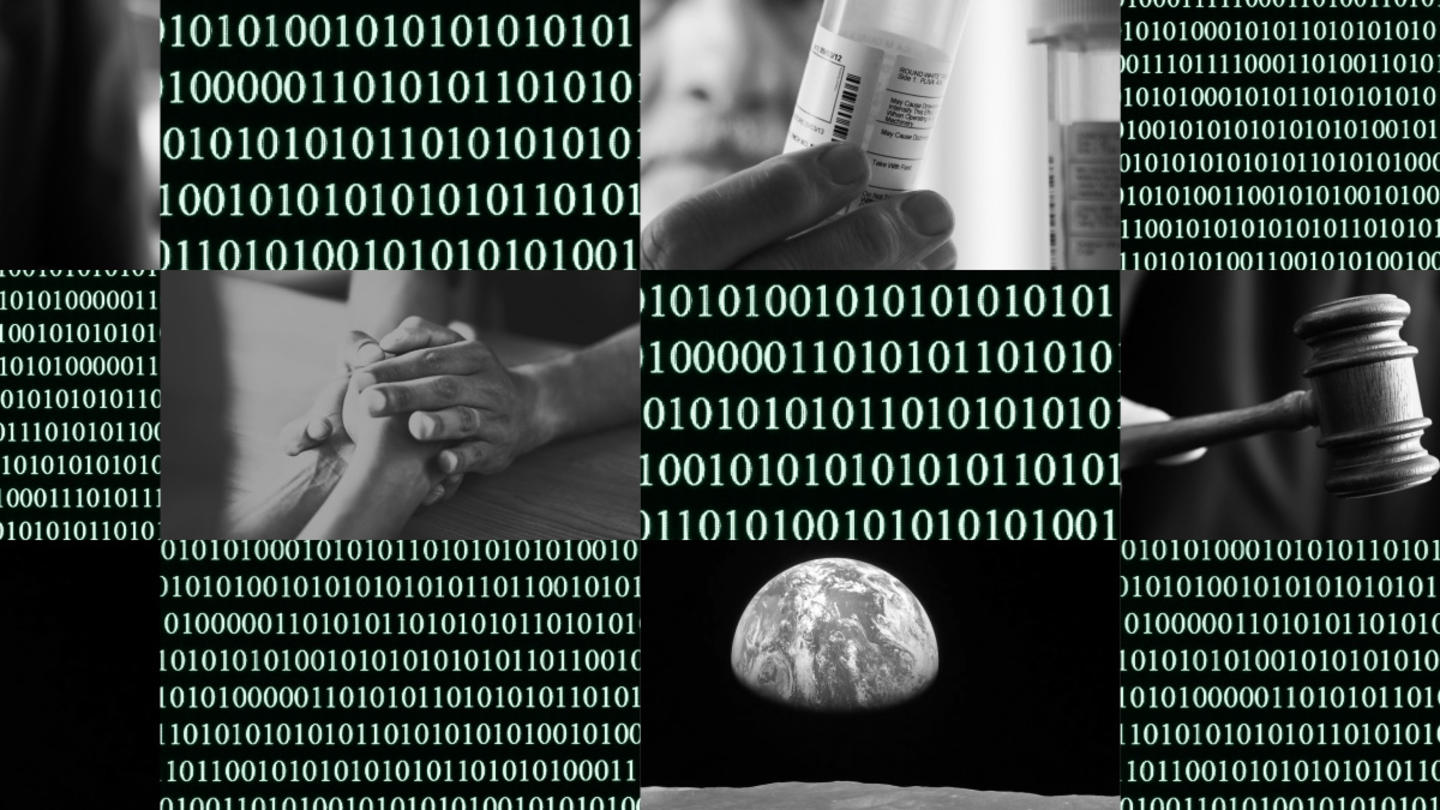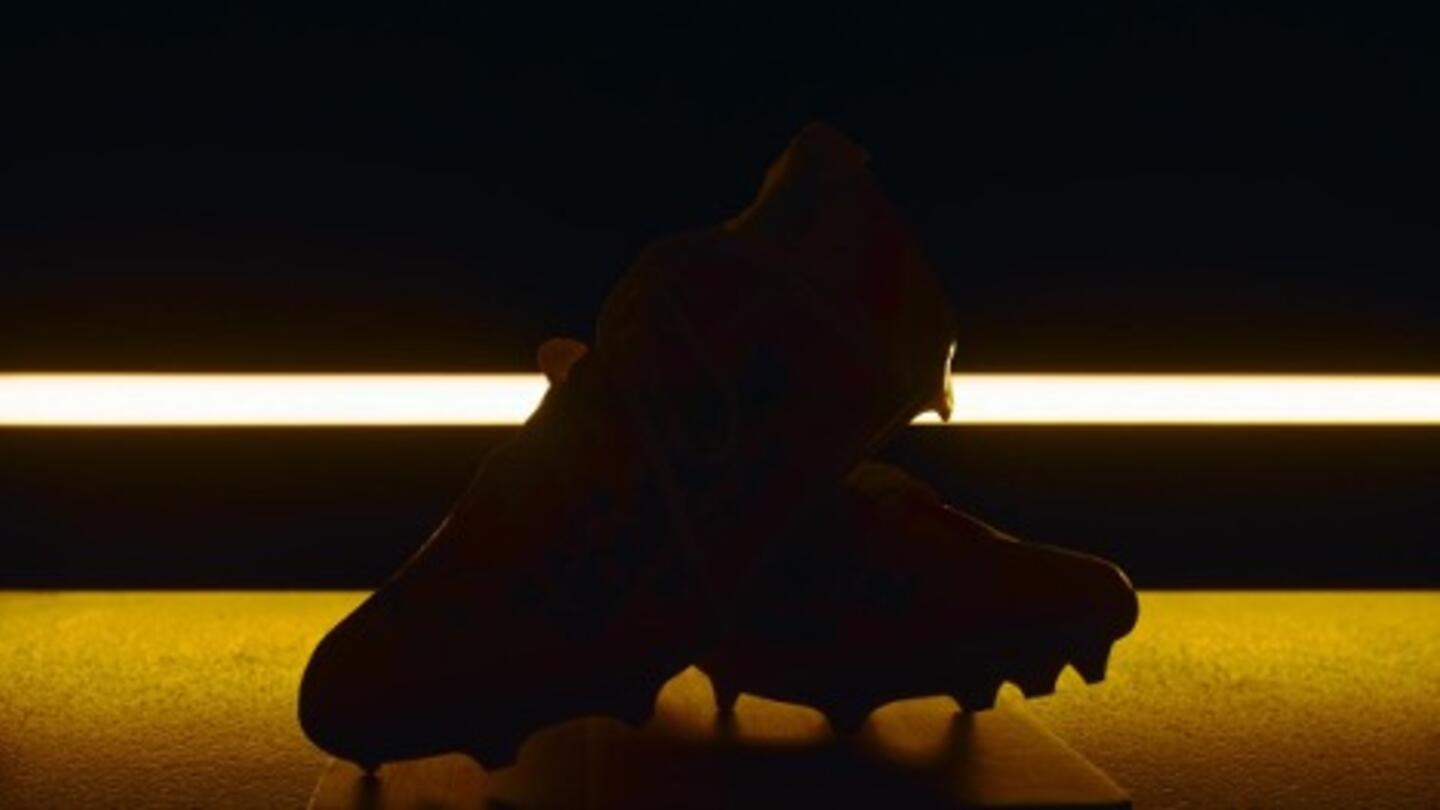Many organizations across all sectors cite “openness” as a key pillar of their ethos. But what does that look like in practice? And how does it apply to the nonprofit world?
While being “open” might sound like an abstract concept, its applications have very real-world impacts, especially in how scientists research, how startups innovate, and how people engage in their communities.
Openness is a key driver for the understanding, innovation, and progress that makes life better. Some might associate openness with simply tolerating others’ beliefs, but it can be even more impactful when taken a step further. Openness is not a passive term. It means deliberately looking for opportunities to challenge your own views, seeking out people with different backgrounds and beliefs, and looking for new experiences and ideas. Openness takes courage.
One of the most challenging aspects of being open is actively taking time to seek out and consider the unique talents and perspectives that exist among people from different regions, faiths, and generations and exploring how they might expand our understanding of ourselves, each other, and the world around us. This is something many of our partner changemakers practice well.
Leaders who are open say they have a heightened sense of purpose for their mission. The result? Communities benefit from programming that is more effective, responsive, communicative, and active. All of the people highlighted below take openness to the next level. They work in different spaces — housing, criminal justice, academic research, political polarization, or substance use — but they share a common characteristic: seeing difference — diverse people, ideas, and ways of seeing the world — as a feature, not a bug. The year ahead is poised to be contentious. These changemakers are beating a new path. They’re standing strong in their own principles while making room to listen to others’ ideas — better positioning themselves to tackle our biggest challenges.
How PadSplit innovates to offer housing shortage solutions
PadSplit is an organization that is using an innovative approach to increase the supply of affordable housing. The seemingly logical solution to the housing shortage, implemented widely among local and state governments, is to simply build more housing. But that’s not getting the desired results: In 2021, the United States government spent $50 billion towards creating more affordable housing, but prices are still rising and availability is still shrinking. The city of Atlanta spent $1 billion to develop 5,000 units. PadSplit has the same number of units in Atlanta for fractions of that cost.
PadSplit is using openness to think differently about solutions. Rather than turn to standard approaches, such as creating new housing, they are rethinking how to use resources that are already at our fingertips. The organization works with property owners to optimize their single-family residences to become multi-residential rentals, thus increasing the supply of affordable housing units. This has shared incentives for both parties: Having more accessible, furnished units that don’t require deposits helps renters, but it also helps landlords increase their profit.
PadSplit’s success is due to CEO Atticus LeBlanc’s ability to think openly — more broadly, creatively, and flexibly — about what the housing affordability crisis entails and what possible solutions currently exist.
“I don’t think there’s any question that our housing problem is getting worse and that our homelessness problem is getting worse, and there are no good solutions that the government has produced to be able to address this problem so far,” he said. “Ultimately, I believe we have more than enough existing residential square footage to be able to solve this housing and homelessness problem tomorrow. The housing supply exists. It’s just, how do we create access to that supply for people who need it?”
Sign up for the Stand Together newsletter and get stories, ideas, and advice from changemakers to help you tackle America’s biggest problems.
Uncomfortable conversations are this group’s specialty
One America harnesses the power of Americans’ most deeply held commitments: their faith.
This national nonprofit addresses America’s growing social and political divides with bottom-up solutions that mobilize faith-based communities, many of whom have disparate political beliefs.
Normally, religion and faith might seem like a breeding ground for remaining steadfast in one’s beliefs and not considering the perspectives of people with opposing views. But One America is transcending that thinking and looking at a bigger picture: They’re putting aside superficial differences and finding deeper points of agreement, enabling diverse people to join together in solving big problems.
One America trains faith leaders to have tough conversations and to examine fears, conflicts, and biases that may stand in the way of progress. These leaders are invited to stand firm in their core beliefs while encouraging their congregants to consider other perspectives, challenge their own assumptions, and actively seek out opposing viewpoints.
“Our anger, our fear, our pain has been co-opted for other people’s political gain,” said Chandra DeNap Whetstine, vice president of programs and operations. “We’re not going to solve our country’s biggest problems if we cancel, reject, or write off half of our fellow Americans.”
Fast Grants provides scientists with the resources they need most
Researchers normally wait hundreds of days to hear back on the outcome of their grant applications. This can stunt the momentum of solutions that are needed most urgently, like combatting COVID-19 during the height of the pandemic.
Tyler Cowen, an economics professor at George Mason University (GMU), realized how desperately scientists needed funding during that time, and not just money: Scientists needed funding that was agile, quick, and responsive to the needs of researchers.
So he helped create Fast Grants, an effort based out of the Emergent Ventures program at GMU’s Mercatus Center. Fast Grants shows firsthand how being open to a radically unique way of supporting research can unlock scientific breakthroughs. Cowen was the first to demonstrate the impact of working quickly and efficiently: Fast Grants was launched only 10 days after its conception and gave out its first grants in 48 hours.
“Much of American philanthropy is structured with a lot of veto points in place … tend[ing] towards a more conservative approach to investment,” said Mercatus Center Executive Director Daniel M. Rothschild. “We didn’t have months to wait for grant proposals. What research labs needed was relatively small amounts of money as quickly as possible.”
In one year alone, the program has received 4,000 applications, leading to 260 grants being awarded, totaling $50 million. Thanks to Fast Grants thinking more openly about the processes behind funding scientific research, these projects will be able to make tangible medical, technological, and societal impacts — sooner rather than later.
Transforming education by thinking beyond the status quo
VELA started out by asking a simple question: Why are there so few educational options for families to choose from to meet their children’s needs?
The public education model hasn’t changed much since the Industrial Revolution. Yet the needs of students, the workforce, and new technologies have drastically increased demands on the education system, not to mention the untapped potential of millions of students with a variety of learning styles, strengths, and preferences.
“In too many respects, education has had a status quo mindset, where what’s worked in the past, what’s rooted in tradition and legacy, continues into the future — even if it’s not benefitting kids,” said Meredith Olson, president of VELA.
VELA is challenging the status quo by creating a marketplace of community-driven educational options outside the traditional K-12 system. They fund a diverse network of entrepreneurs who are building programs that respond to the unique needs of learners and their families — not the pre-existing standards set by local governments.
Whether a microschool, student-directed curriculum, or project-based environment, these models expand the idea of “school” to encompass a much bigger concept of where, how, and when learning occurs. They start by trusting parents to choose what works best for their children and family. This permissionless innovation empowers educators and families to own and drive their learning experiences. VELA’s network has impacted over 5 million learners since 2019.
VELA’s approach is disrupting the traditional approach to educational funding and challenging other institutions to do this as well. VELA specifically seeks out “everyday entrepreneurs,” like family members and local educators who might otherwise not qualify for entrepreneurial resources.
This spirit of innovation and creativity is stretching the limits of how educators, funders, and learners are thinking about education and what is possible.
We’re not going to solve our country’s biggest problems if we cancel, reject, or write off half of our fellow Americans.”
Chandra DeNap Whetstine
Vice President of Programs and Operations, One America
Face It TOGETHER helps families face the toughest truths
Face It TOGETHER participants have a tough ask: share painful perspectives and listen to others do the same. It’s different than other recovery programs in that Face It TOGETHER asks each individual to take responsibility for their part in the fracturing of relationships and the dynamics that led to addiction. Importantly, this is done without shame or judgment — which those impacted by addiction already experience too much of. Participants are asked to really listen, especially when it’s hard to hear.
Face It TOGETHER works with families to create a long-standing network of support around both sides of the addiction issue — the family members and the person seeking recovery. The organization measures success by tracking members’ quality of life and relationships over time. In 2023, they found that 52% of participants reported higher levels of family support; 53% reported improved communication abilities, and 45% reported a reduction in stress, among many other indicators.
Their work helps participants master one of the most prickly types of openness: being open to how you might be contributing to problems and holding yourself accountable. Doing so, they believe, can be key to personal transformation on an individual level.
“My coach gave me tips and tricks on how to communicate with my son, to set up my own boundaries and actually enforce them,” said Kristen Goettsch, a mother who was supported through her son Caleb’s addiction and recovery.
Face It TOGETHER facilitates some of the hardest discussions participants can have, including parents of persons struggling with addiction connecting to other parents, substance users connecting with other substance users, and most of all, substance users and their families communicating openly about their struggles, grudges, and pain.
“Even thinking about those years is incredibly difficult,” Goettsch said. “It’s hard to relive that pain and fear. So many people suffer in silence just like I did. Today I garner my strength from my higher power and the people around me who are there to lovingly support us both.”
How the Frederick Douglass Project is reducing recidivism, one prison visit at a time
It’s definitely easier to be open with those who have shared life experiences. The Frederick Douglass Project asks something different. What if we challenged ourselves to consider the perspectives of some of the most maligned people in society?
Through the Douglass Project, students, church groups, businesses, and book clubs visit maximum security prisons to sit down with incarcerated people for one-on-one personal conversations. Doing so calls upon participants to step into the shoes of those with wildly different life paths than them. These discussions can be life-changing by showing communities the human toll of societal problems.
“What I’m doing really in the Douglass Project is scaling a beautiful experience that I’ve had the privilege and good fortune of seeing now hundreds and hundreds of times, which is to bring members of free society into a jail or prison to interact with incarcerated people on a deeply human level,” said founder Marc Howard. “People walk away realizing that we’re all human and that we have so much more in common.”
The interactions that the Douglass Project facilitates open visitors to the realities of incarceration. Beyond helping them recognize incarcerated individuals’ inherent dignity, there are palpable benefits. The hope is that participants will be encouraged to become advocates for criminal justice reform in their communities, ensuring that the system is reformed to allow formerly incarcerated individuals to become contributing members of society. This doesn’t just benefit the individuals themselves — it also results in stronger, safer communities. In August 2023, 94% of incarcerated persons who participated in the Douglass Project reported improved communication skills as a result of the program, and 96% claimed that the program increased their hope for the future.
“I heard a young man who’s been in prison for a long time who said, ‘This is the first time in a decade that I’ve talked to somebody on the outside other than my two parents,’” Howard remembered. “It’s like being erased from society, [as if] you don’t exist, you don’t matter. And suddenly a program comes in and there’s a connection that forms with people, on a regular basis, that see them and that care about them. That’s life-affirming.”
The Stand Together community partners with changemakers who are tackling the root causes of America’s biggest problems.
Learn more about Stand Together and explore ways you can partner with us.

Eleven photos show how NBA stars and leaders transformed a school and inspired seven Bay Area entrepreneurs.

You don’t have to be a pro athlete to put their lessons to work in your own community.

AI can be used to prevent wrongful incarceration, offer mental health access to millions, and gamify daily wellness.

Watch these professional football players highlight what matters most to them off the field.
